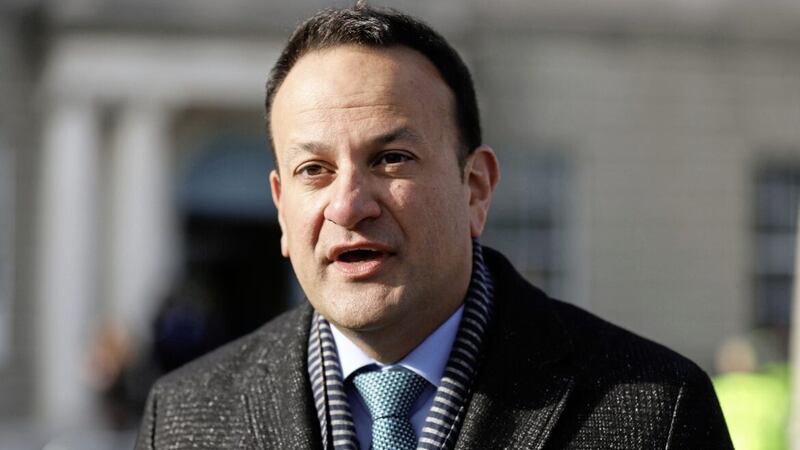He wouldn’t stand in the way if the Garda Commissioner asked for it. So said Leo Varadkar, who is to return as taoiseach on the 17th of December next.
He said that he would grant permission to routinely arm the Garda Síochána, if the commissioner asked for it.
Thankfully, in a prompt response to his remarks, the rank-and-file gardaí have shown more wit. They said that policing with the consent of the people was more important and preferable to routinely arming the police.
The question arose because of a severe fracas outside a pub in Dublin where two police officers were severely assaulted. Leo was asked about such incidents and his response was that, if asked to routinely arm the gardaí, he would say yes. And even more concerning was his added observation that it wasn’t a decision for a politician, but for the Garda Commissioner.
No, it is not. To move from a routinely unarmed police service to a routinely armed police service is a decision for politicians, informed by the gardaí, by the experience and the sensitivities of the Irish people and by the best evidence of good and bad policing from across the world. Many a wise voice has observed that the way a country is policed is a good indicator of its political health.
In the early days of the Civic Guards, as they were referred to, Ireland was awash with guns and the law existed only at the point of a gun. Those unarmed Civic Guards established a police service that became closely identified with the community it served and won its confidence and respect.
There has been a weakening of that respect and that consent in recent decades because of internal corruption and poor managerial decisions by successive governments. Thankfully, many of those problems appear to be presently addressed by a Policing Authority, established in the image of the Patten Report and by a Garda Commissioner who once served in the RUC, who was a big player in the establishment of the PSNI and who is attracting former colleagues from the PSNI into the higher echelons of the guards.
Drew Harris, the commissioner, hasn’t responded to the incoming taoiseach’s statement and neither should he until an occasion of import where he can address the issue within the wider context of the role and the effectiveness of policing. Not as a response to a single incident of violence. What the violent incident is more likely to show is a proven problem of excessive drinking.
It is more than twenty years since the publication of the Patten Report. While Troubles’ violence has not fully disappeared, it has reduced to an unrecognisable degree. But even twenty years ago Patten stated that the majority of RUC officers had never drawn their gun. There had been no case of the RUC shooting anyone dead since 1991.The extent to which policing in Northern Ireland relied on the firearm was very limited. Several officers had told Patten that they would be happy to do their job unarmed. Patten went on to say that the ‘peaceful environment’ envisaged in the Good Friday Agreement didn’t yet exist but recommended that the question of moving towards the desired objective of a routinely unarmed police service be periodically reviewed in the light of developments in the security environment.
Drew Harris should quote the Patten Report before reminding the present northern authorities, most especially the Policing Board, that there has never been a review of this recommendation, never mind a periodic one. He should remind the new taoiseach that the same debate took place at the foundation of the Irish Free State. It would be good to remind all of us, including the future taoiseach, that the decision to establish a routinely unarmed police was won by some of the biggest players in the founding of his party; such as O’Duffy, O’Higgins and Michael Collins.








